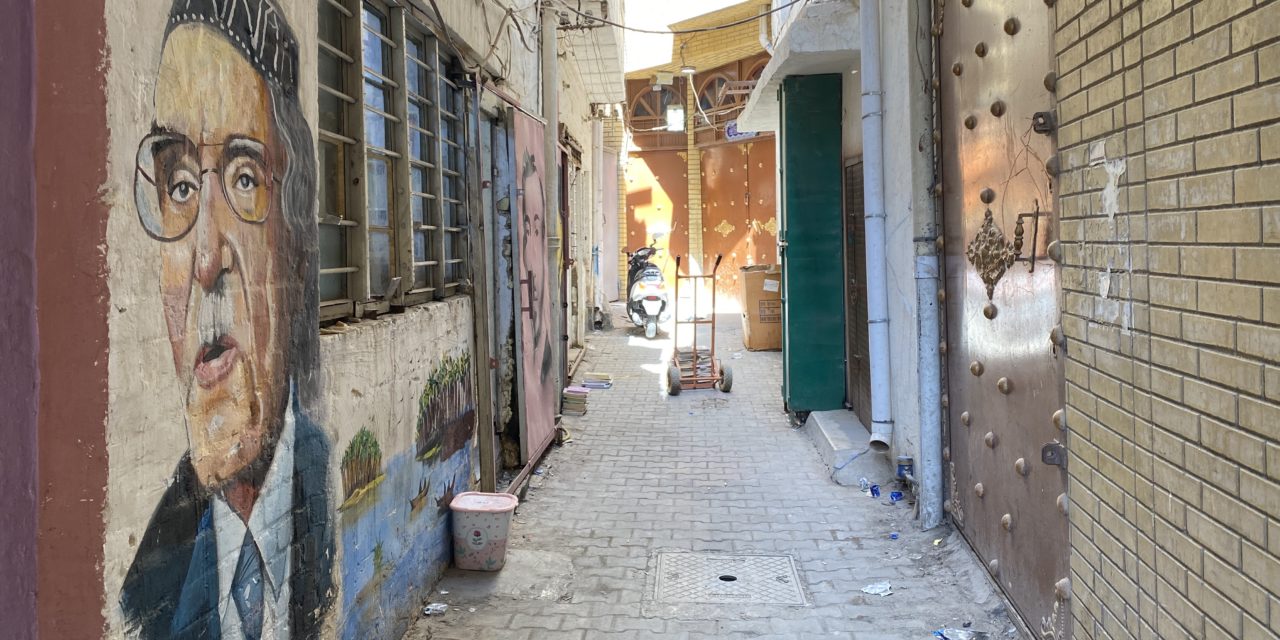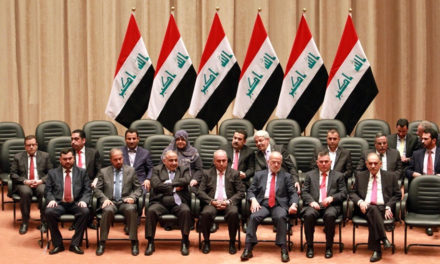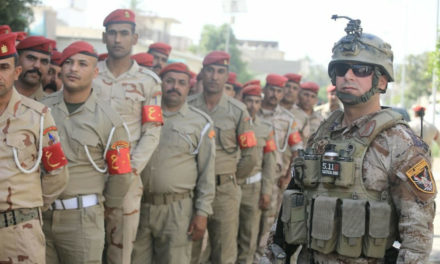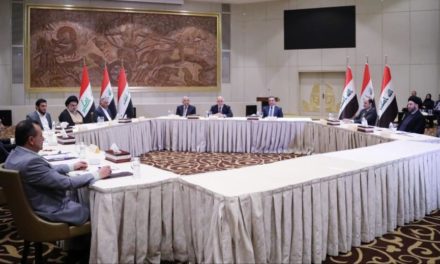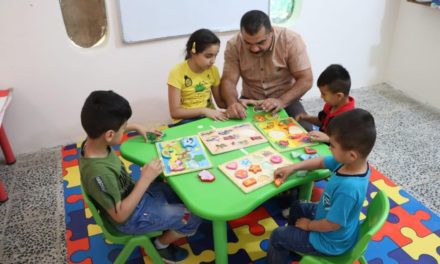(Photo: Joumana Altallal)
Mortada Gzar, an Iraqi writer and artist living in Seattle is interviewed on a local television channel, and instead of asking about his recently published book, the host is more interested in knowing “what it was like to grow up in a war zone in Iraq.” She smiles awkwardly, before the camera switches to Gzar who carefully sidesteps the question. But the host pushes along, perhaps driven by the constraints of her producer, or perhaps by her own desire for a narrative arc in which the ending includes redemption at the shores of her city. When asked, the Iraqi artist must willingly divulge details of their past suffering in order to maintain the delusions of American imperialism. The Iraqi artist must give a political performance to be heard.
In 2019 at a creative writing conference I attended in California, another participant learns that I am working on a manuscript related to my family’s journey leaving Iraq, so during a group dinner he leans over and asks, “What is your assessment of the situation in Iraq now?” Then, “Do you feel that the country is recovering?” The expectation is that the Iraqi artist must be able to provide a condensed political analysis on cue regardless of the question’s relationship to their own work. Similarly, Iraqi artists are often called upon by interviewers and media organizations when new developments in the political landscape of the country occur. Often the ask is clear: to provide a singular, easily understood narrative on behalf of a country’s experience. Rarely are Iraqi artists provided a platform to exhibit or speak about their own work. And when they are, their work is often intentionally or unintentionally co-opted by institutions that dismiss or re-package the work as a mere response to war and violence rather than presenting it as a critical and rich engagement with form, experimentation, or resistance. As an example, the sweeping and visually powerful works made in Baghdad in the aftermath of the U.S.-led invasion by three Iraqi artists: Sajjad Abbas, Layth Kareem, and Raed Mutar were exhibited as part of the Berlin Biennale at the Hamburger Banhof Museum. Yet without these artists’ input or consent, the Biennale chose to feature an installation alongside their work composed of photographs taken by American soldiers of brutalized Iraqis unlawfully imprisoned and tortured at Abu Ghraib. In an open letter to the curators, Rijin Sahakian writes, “The tethering of the show’s Iraqi artists with Iraqis undergoing physical and sexual torment turned their artworks into a sordid window dressing for their fellow citizens’ transgressed bodies.” The artists subsequently withdrew from the Biennale. The Iraqi artist, then, must always be on guard, cautious of the ways their work will be exploited at the hands of curators, institutions, and markets alike.
Certainly, Iraqi artists are no strangers to politics. Under the Ba’athist regime, artists and scholars were routinely targeted, kidnapped, or otherwise persecuted. In the introduction to Hayat Sharara’s posthumous novel When Darkness Falls, her sister Balqees Sharara details their mother’s decision to burn all the books in the house, to preempt their family’s persecution at the hands of the regime. In the aftermath of the Ba’athist collapse and the U.S-led invasion of Iraq, many artists continued to create work in resistance to the brutal violence of their occupiers.
Yet most Iraqi artists living in the country are rarely given sufficient support for their work, the least of which being non-partisan Iraqi-led and funded spaces that provide them the opportunity to share their work outside of the specter of foreign involvement. As with other fields in Iraq, the arts community continues to be made possible by the presence and funding of several international organizations. And while books and creative works from almost every corner of the world can be found in Iraq translated into a myriad of languages, so little of Iraqi work permeates the art communities and markets of the U.S. For years, the only so-called Iraqi poetry many Americans would stumble upon in bookshops were books like Brian Turner’s Here, Bullet, written in the perspective of a U.S. veteran detailing his experience in Iraq. Where are the books by Iraqis, one might ask. How is it possible for almost a decade of American occupation to pass and there be so little interest in engaging with Iraqi works?
On the 20th anniversary of the U.S.-led invasion, I found myself in Baghdad seated alone in a dark room revamped for the screening of a series of experimental video works. Each piece was created by an Iraqi artist who was formerly part of Sada, a makeshift art school created in 2011 to support artists in Baghdad working in the aftermath of the invasion and occupation. I wept through each artist’s rendition, aware suddenly of the weightlessness I felt at not being watched, at not needing to be cautious, not having to answer, or foreground the work of these artists or my experience as a viewer in anything other than the art itself. Everything they needed to say was on the screen. The next day, I attended Zainab Aldehaimy’s exhibit “Zalata”, an immersive sound installation combining audio clips of clashes from 2004 Baghdad and recordings of a local mosque’s call to prayer. In the pitch-black room, I entered the artist’s memory of the invasion, then exited into the bright Baghdad day where the artist’s friends, and family, and those in attendance gathered to reminisce on their lives. On the table was a pack of Sumer cigarettes. Between each memory, a pause, then laughter, a sigh. “Where were you then?” everyone seemed to be asking. “How did you make it this far?”
This essay is part of a special series – Iraq after 2003: The Voices of Iraqi Women
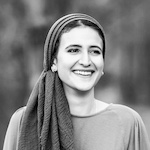
Joumana Altallal
Joumana Altallal is an Iraqi-Lebanese writer, researcher, and artist who was born in Baghdad and grew up in Charlottesville, Virginia. She received her M.F.A in poetry from the University of Michigan. Joumana is currently working on her first poetry collection, which focuses on American spectatorship and the commodification of violence in post-2003 Iraq.

